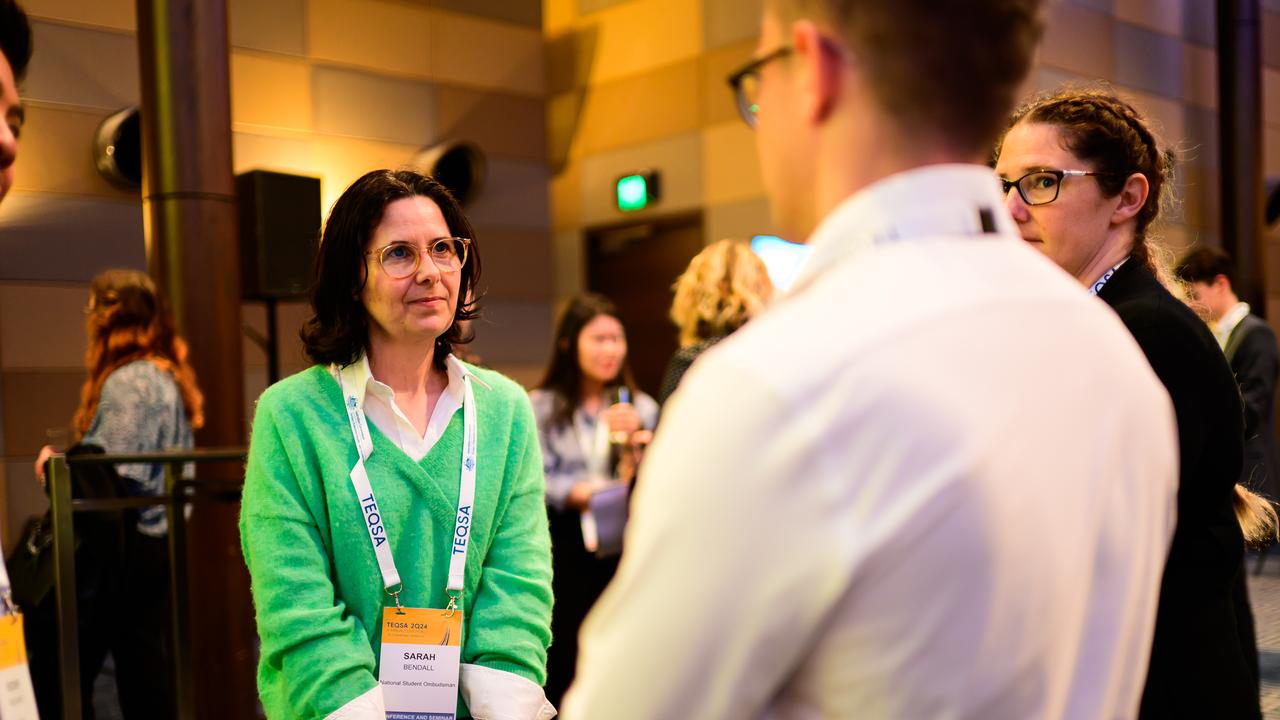Disability education overhaul
A CULTURE of low expectations means that for disabled children the nation's schools are just "babysitting services".
A SYSTEMIC culture of low expectations means that for disabled children the nation's schools are just "babysitting services", a high-level meeting of figures in education and social service has been told.
The author of the federal review of the nation's education system, David Gonski, and Labor senators Jan McLucas and Jacinta Collins met yesterday with disability advocates in Sydney.
The meeting, organised by the umbrella group Children with Disability Australia, was told that there was a unique opportunity for an overhaul of disability education that came with simultaneous policy reforms in the two areas being carried out by the federal government.
CDA executive officer Stephanie Gotlib told The Australian that children with a disability must be wholly included in the aspirational targets that are set down in the Gonski report.
Mr Gonski said in his report, handed down in February, that an extra $5 billion a year was needed above what was being spent by state and federal governments on education.
Mr Gonski proposed a new funding system for education on the basis of a baseline of funding for each student, which would be increased on the basis of factors including disability, Aboriginality and remoteness. "I think funding is integral to many of the changes but I also think we have to do some work on addressing this culture of low expectations," Ms Gotlib said.
"Mr Gonski spoke a lot about aspirations, and we need to make sure that those educational outcomes are very clear for students with disability.
"A common comment to us is that parents liken their child's educational experience to babysitting. We don't want babysitting, we don't want minding, and we don't just want personal care.
"There needs to be very clear educational outcomes where children with disabilities are enriched and extended academically throughout their education."
Mr Gonski said yesterday that he believed the government was undertaking the work that his team had identified as being crucial in reforming disability education: gathering statistics on the numbers of children who suffered disabilities and how they were being supported.
"We concluded easily that the definitions of disability lacked logic, were not consistent and had no basic transparency, particularly in relation to how we approach them for funding for schooling," Mr Gonski said.



